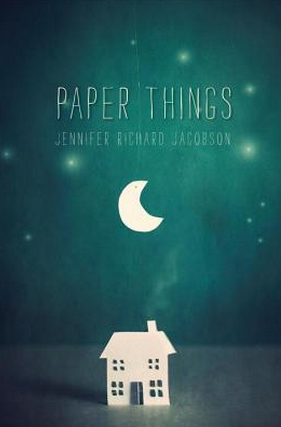

The relationship between the brother and sister is really well-established and beautifully written by Jacobson and is a clear highlight of her novel. You might think that Gage sounds like a punk, and while you can see that he’s a tough young man, you can’t help but root for him because he loves his sister so much. So, as a promise to their mother, Ari and Gage stick together therefore, when Gage decides to leave the stressful (he thinks) confines of their guardian’s home, Ari leaves, too.

This is because Ari doesn’t want them to know the truth she and her brother, Gage, are homeless.Īri and Gage lost their parents, and Gage, 19, doesn’t get along with their guardian, a long-time friend of their parents. Her grades and effort are not what they used to be, and while her teachers and friends notice her downward trend, no one really knows why this has occurred. This is the topic of most conversations swirling around Ari even her best friend is obsessed with it. She took on a fictional account of a realistic problem in order to pique her young reader’s minds and interest about youth homelessness.Īri is in her last year of elementary school in a gifted program, and like all the students around her, she is curious about where she will end up for her first year of middle school. Jacobson, like Lynda Mullaly Hunt, isn’t afraid to paint a struggle for her readers. I immediately borrowed it from my own library (ha!) and dove in. It felt like fate, then, when one of my students donated some books to my classroom library (how lucky am I?! I have such thoughtful kiddos). Reasoning: narrator has lost both parents she is also dealing with homelessness Summary and ReviewĪ few students had recommended this text to me, and I think even my soul sister, who has a tremendous blog about books, had told me to give it a read.


 0 kommentar(er)
0 kommentar(er)
